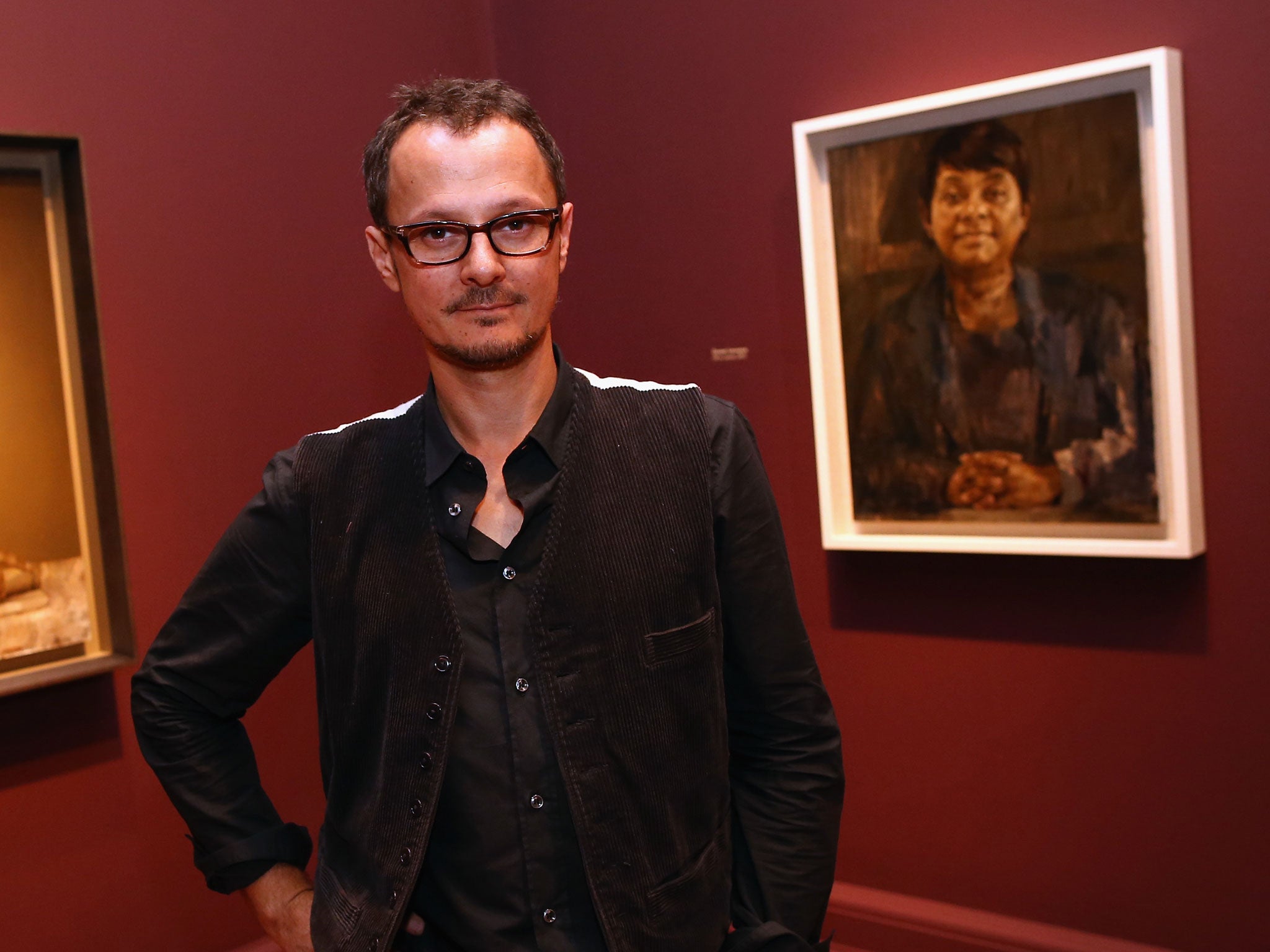Mothers who undergo plastic surgery could 'have problems bonding with their babies', says artist Jonathan Yeo
Influential British artist Jonathan Yeo hits out at "crazy" obsession with cosmetic surgery

Mothers who undergo plastic surgery have problems bonding with the babies, an influential British artist has claimed.
Jonathan Yeo, a contemporary portraitist who has created works on cosmetic procedures, said the craze is “homogenising the way we look”.
Speaking at the Hay Festival this week, he said that the urge to go under the knife was “quite crazy” and cited American research suggesting that mothers who undergo treatment have trouble bonding with their new-borns.
“There is research showing that babies are not bonding with their mums because babies only have facial reactions to go on and because their faces were not moving in the right direction, or moving at all,” he said.
"What are the unintended long-term consequences of these things that we are doing casually for our own gratification? Aside from the fact it is risky, it is painful, it is expensive, it is often quite obvious you have had it done."
US-based studies have found that Botox treatment can place limitations on a mother’s ability to communication with her baby.
And they also believe the treatment can affect their ability to interpret the emotions of others because humans naturally imitate and interpret other’s expressions when interacting.
Mr Yeo, who has produced portraits of Tony Blair and David Cameron, said the obsession with plastic surgery was a “big story for our era”, and that we would look back on the craze in the same way as we think of Middle Age medicine.
He also commented on the rise of ‘selfies’, which he believes have "made us much more aware of what constitutes an image of ourselves”.
Join our commenting forum
Join thought-provoking conversations, follow other Independent readers and see their replies
Comments
Bookmark popover
Removed from bookmarks